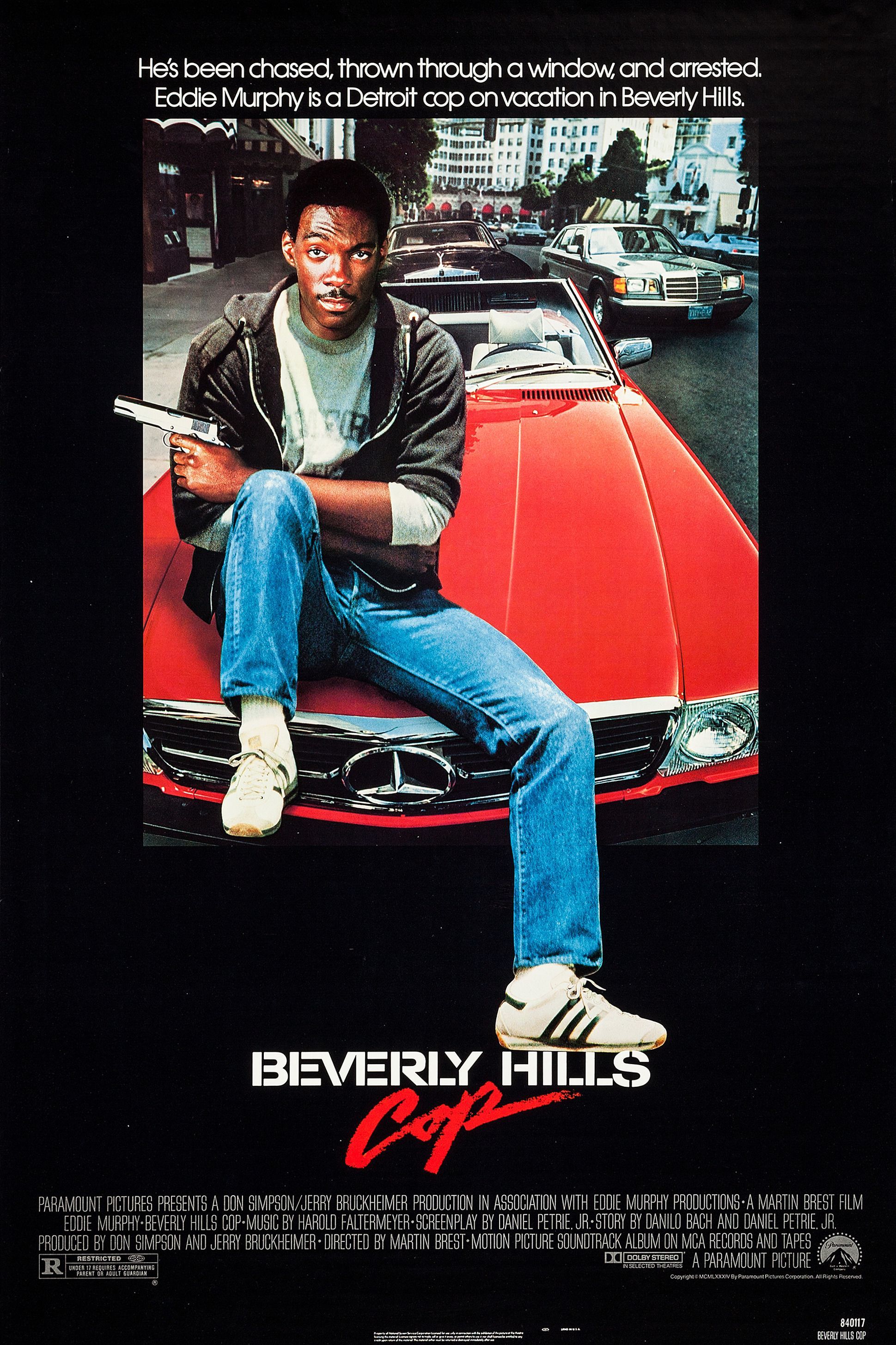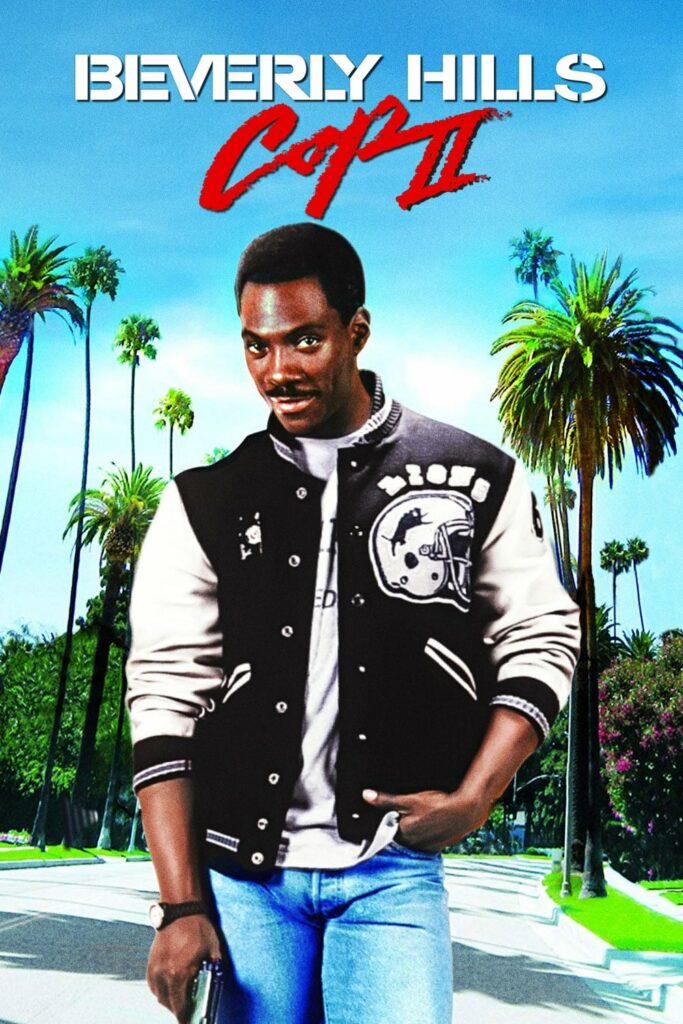Can a movie truly redefine a genre? Beverly Hills Cop, released in 1984, not only redefined but also established the action-comedy genre as we know it today. The film's seamless blend of high-octane action sequences with razor-sharp humor set a benchmark that many subsequent films have attempted to emulate but few have matched. Directed by Martin Brest and starring Eddie Murphy as the irrepressible Detroit police detective Axel Foley, this cinematic masterpiece became a cultural phenomenon.
Beverly Hills Cop was more than just a film; it was an event. It brought together two worlds—Detroit’s gritty streets and Beverly Hills’ opulent avenues—and created a narrative that resonated with audiences worldwide. The film wasn’t merely about solving a crime; it was about bridging differences, celebrating individuality, and showcasing the power of friendship. With its groundbreaking box office success, grossing over $316 million globally, it became one of the highest-grossing films of the decade. But beyond numbers, it left an indelible mark on cinema history, influencing countless filmmakers and actors alike.
| Bio Data | Details |
|---|---|
| Name | Eddie Murphy |
| Date of Birth | April 3, 1961 |
| Place of Birth | Brooklyn, New York, USA |
| Profession | Actor, Comedian, Writer, Producer |
| Notable Works | Beverly Hills Cop, Coming to America, Dreamgirls |
| Awards | Golden Globe Award for Best Supporting Actor (Dreamgirls), multiple NAACP Image Awards |
The film’s script, penned by Daniel Petrie Jr. and Danilo Bach, earned an Oscar nomination, underscoring its literary merit. While 48 Hrs., another iconic action-comedy, had paved the way, Beverly Hills Cop took the genre to new heights. Its less abrasive approach and emphasis on humor alongside action made it accessible to a broader audience. This formula inspired future blockbusters like Lethal Weapon and Rush Hour, cementing its legacy as a trailblazer.
One of the standout elements of Beverly Hills Cop is its ability to balance humor with genuine emotional depth. Axel Foley, played with unparalleled charisma by Eddie Murphy, isn’t just a jokester; he’s a skilled detective who respects his craft. In a pivotal scene where Foley interrogates suspects Ashton and Reinholt, the comedic timing doesn’t overshadow his professionalism. Instead, it enhances it, revealing a character who knows how to use wit as a tool in his arsenal. Such moments define the film’s brilliance.
In the context of 1980s cinema, Beverly Hills Cop was revolutionary. At a time when blockbuster action films dominated screens, it introduced a fresh perspective by incorporating comedy without diluting the intensity of its crime drama. This fusion appealed to diverse demographics, making it a crossover hit. The film’s success wasn’t accidental—it was the result of meticulous storytelling, stellar performances, and innovative direction.
Martin Brest’s vision was instrumental in bringing this story to life. His choice to juxtapose the ruggedness of Detroit with the glitz of Beverly Hills added layers to the narrative. The contrast between Foley’s unorthodox methods and the polished procedures of the Beverly Hills Police Department provided endless opportunities for both tension and laughter. This dynamic was further amplified by the supporting cast, including Judge Reinhold and John Ashton, whose chemistry with Murphy elevated the film to another level.
Beyond its entertainment value, Beverly Hills Cop addressed themes relevant to its era. It tackled issues of class disparity, cultural clashes, and institutional rigidity, all while maintaining its lighthearted tone. These elements contributed to its lasting appeal, ensuring that it remained relevant decades after its release. For many viewers, watching Beverly Hills Cop is akin to revisiting a cherished memory—a testament to its timeless quality.
As we reflect on the impact of Beverly Hills Cop, it becomes evident that its influence extends far beyond its runtime. It set standards for casting choices, screenplay structure, and character development within the action-comedy genre. Moreover, it solidified Eddie Murphy’s status as a leading figure in Hollywood, paving the way for future projects that showcased his versatility as an actor.
The film’s legacy continues to thrive through sequels and adaptations, each paying homage to the original while adding their own twists. However, no iteration has managed to replicate the magic of the first installment. That’s because Beverly Hills Cop wasn’t just a movie—it was a cultural moment that captured the essence of its time while transcending temporal boundaries.
In conclusion, Beverly Hills Cop remains a quintessential piece of cinematic history. Its ability to seamlessly integrate action, comedy, and emotion into a cohesive narrative makes it a must-watch for fans of the genre. As we celebrate its enduring legacy, we are reminded of its significance in shaping modern cinema and inspiring generations of filmmakers and audiences alike.
| Film Information | Details |
|---|---|
| Title | Beverly Hills Cop |
| Director | Martin Brest |
| Release Date | December 5, 1984 (United States) |
| Genre | Action, Comedy, Crime, Thriller |
| Runtime | 105 minutes |
| Box Office | $316 million worldwide |



